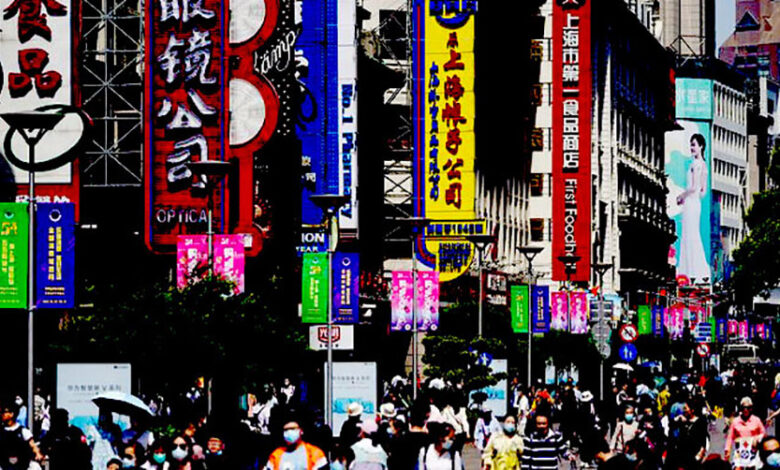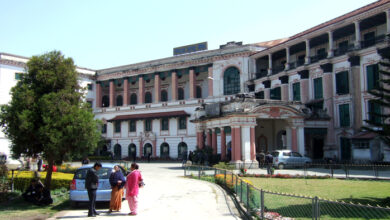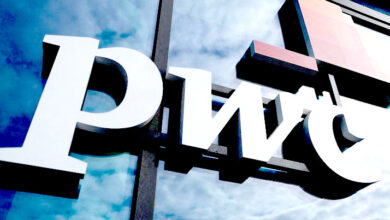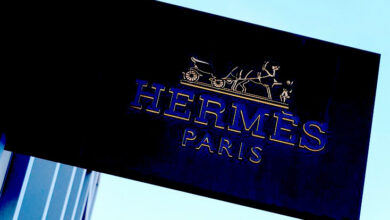COVID saps China’s consumer and producer inflation in August.

In August, China’s consumer prices went up slower than expected, and producer prices went down to their lowest level in 18 months. This shows that domestic demand is weak and could lead the central bank to ease policy even more.
The consumer price index (CPI) rose 2.5% from a year ago, NBS data showed Friday, slower than July’s 2.7% and the 2.8% average expectation in a Reuters survey.
Due to lowering energy and raw material prices, the PPI climbed 2.3%, the slowest pace since February 2021.
“Factory gate inflation is projected to fall further during the rest of the year,” Capital Economics analysts Sheana Yue and Zichun Huang said in a research note.
“We expect CPI inflation will stay below PBOC’s 3% threshold,” they stated (PBOC).
Official and private data show the world’s second-largest economy lost momentum in August due to a sluggish property market, COVID-19 containment efforts, and power shortages.
On Sept. 8, 1,404 new COVID-19 infections were reported in China, 301 of which were symptomatic. Chengdu has prolonged a lockdown for most of its 21 million residents.
Food costs grew 6.1% on year in August, down from 6.3% in July, while non-food products rose 1.7%.
Core CPI climbed 0.8%, matching the prior month.
The CPI decreased 0.1% from July after climbing 0.5% from June, and Reuters polled expecting 0.2%.
NBS stated falling crude oil and non-ferrous metal prices drove down industrial product prices overall.
In August, oil and gas producer price inflation fell to 35.0% from 43.9%.
The PPI dipped 1.2% month-over-month in August after falling 1.3% in July.
Consumer inflation was approaching the government’s objective of 3.0%, but it was still lower than other major economies.
In August, the PBOC indicated China faced mounting structural inflation pressure and consumer inflation may approach 3% in the second half of the year.
Slowing inflation could allow for more monetary policy easing, analysts suggested.
“As a result, the PBOC won’t be compelled to soften policy,” Yue and Huang stated. “The PBOC lowered most policy rates in August, and we expect more this year.”
China’s cabinet announced fresh moves to promote investment Thursday, official media reported, expanding a package of measures to boost an economy hit by COVID-19.
“We expect further easing to come in the form of quantity-based policies to provide liquidity support and structural tools like additional re-lending limits,” said HSBC economist Erin Xin.





